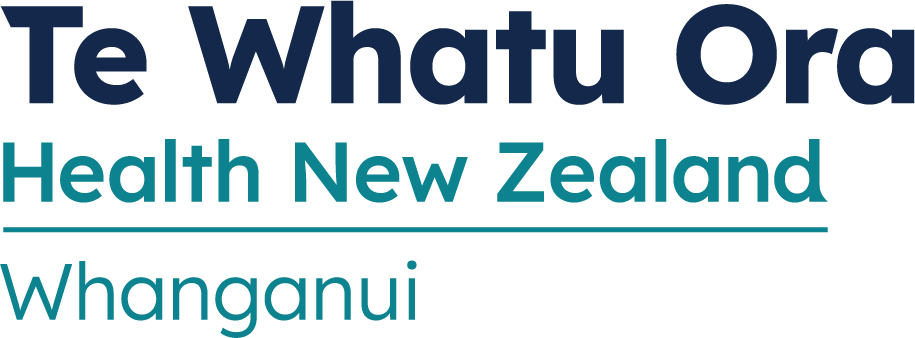
19 August 2021
COVID-19 vaccinations have resumed in the Whanganui rohe today, Thursday 19 August.
After a pause on Wednesday 18 August to make preparations for operating at Alert Level 4, the vaccine rollout was back at Te Rito, the Whanganui Wellness and Vaccination Centre in Victoria Avenue, Aramoho Health Centre and Taihape Hospital.
From tomorrow, Friday 20 August, all vaccination clinics should be back in operation, using strict Alert Level 4 protocols including physical distancing and the wearing of face masks.
Appointments made for 18 August are being re-booked, and all other appointments should be kept. Unfortunately, the Alert Level 4 protocols do not allow for walk-ins. School based vaccinations are on hold until schools re-open.
A COVID-19 testing station has been set up at Gonville Health Centre today and tomorrow, running from 9am to 4pm. The pop-up clinic is in the rear car park at Gonville Health.
The community-based assessment centre (CBAC) at Whanganui Hospital is open from 8am to 5pm today, tomorrow, Saturday and Sunday. Traffic controls are in place at the hospital campus, so people should please follow the directions of traffic management personnel -- and be patient and kind as the CBAC is experiencing high volumes.
Testing is also available in Marton, Bulls, Taihape and Ruapehu through local GP clinics and health centres. People who wish to be tested should contact the practices to organise appointments.
Whanganui Hospital is operating under Alert Level 4 conditions, and the wearing of face masks is now compulsory within the hospital for staff and visitors. The Alert Level is initially for three days until midnight on Friday 20 August.
The hospital is open 24/7 for emergency cases and for people who need urgent care, but otherwise access is restricted to maintain the safety of the public and health staff.
Outpatient appointments are being re-scheduled and patients are being contacted to arrange new appointments. Those who have been contacted by Whanganui District Health Board and told their appointments are going ahead should turn up as usual.
At Alert Level 4, visitors are only allowed at the hospital for patients at end stage of life, in the Critical Care Unit, Maternity Unit and one parent for children in the Children’s Ward.
Whanganui DHB services in rural centres continue for urgent care within the community, with other services being rescheduled or provided by telehealth as needed. If people have concerns about their appointment, they should contact their local health centre.
Anyone with a cough, cold, sore throat, fever or flu-like illness should contact their GP or call Healthline on 0800 358 5453 and get advice about being tested or visit the CBAC on the hospital campus.
Whanganui DHB chief executive Russell Simpson has reassured the community that our health service is well-prepared for this situation.
“The DHB staff and the hospital have been in a state of readiness should there be a case of community transmission and, unfortunately, that is where we are now with the recent cases in Auckland,” he said.
“As a community we have been here before; as a health service we have also been here before. The Delta strain is highly contagious and we need to ensure we remain safe, in our bubbles and limit any non-essential contact.”
Key messages
- Stay calm, stay in your bubble, be kind and take care of yourself and your whānau.
- If you are unwell, please stay home. Do not go to work even if an essential worker and do not socialise.
- If you have cold, flu or COVID-19 symptoms, call your doctor or Healthline on 0800 358 5453.
- If you have been told to self-isolate, you legally must do so immediately.
COVID-19 symptoms include:
- a new or worsening cough
- a fever of at least 38°C
- shortness of breath
- sore throat
- sneezing and runny nose
- temporary loss of smell
- muscle cramps.
Keep track of where you’ve been
Download the NZ COVID Tracer app and scan QR code poster everywhere you go. This will help trace people's movements and track down community cases.
Any future cases need to be quickly identified, and their contacts isolated and tested, to avoid the virus spreading unimpeded in our communities.
Face coverings
Everyone must wear a face covering on all public transport and on domestic flights, at bus terminals and in taxis. In addition, people must wear a mask when going out to the supermarket, dairy, pharmacy, service station etc, and staff at those essential services will wear masks.
It is also strongly encouraged to wear face masks in any situation where physical distancing is not possible or in closely-confined spaces.
Practice good hygiene
Wash your hands with soap. Cough and sneeze into your elbow. Clean surfaces.



